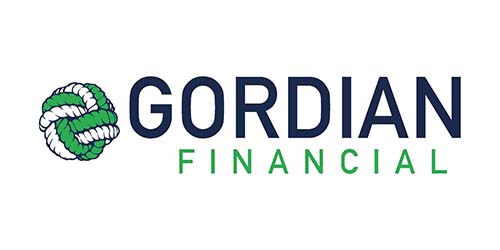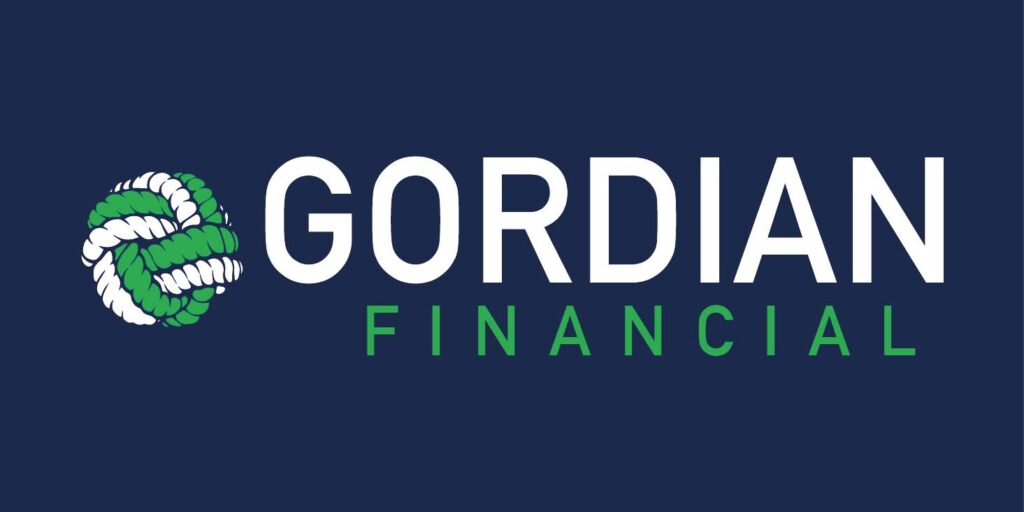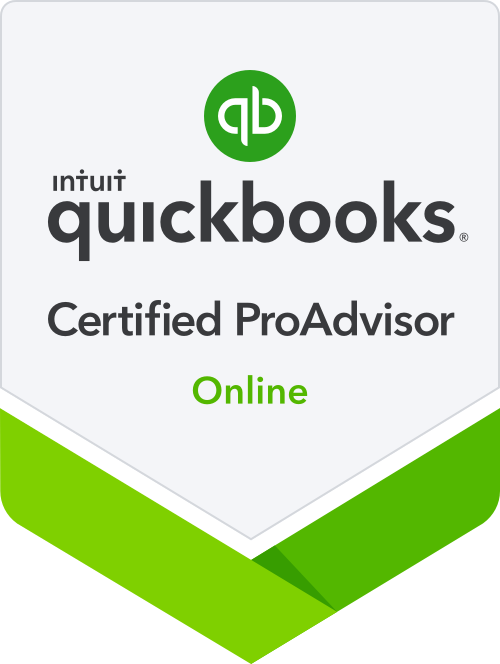Every business needs a bookkeeper, so it’s no surprise that 62% of small businesses currently have an in-house bookkeeper. What about the other 38%? Many small business owners believe they can handle their bookkeeping on their own; however, this opens the door to an increased risk of mistakes and errors.
Finding a qualified bookkeeper doesn’t have to be difficult, but there are some factors you need to consider before signing them on. Analyzing experience, considering services offered, inquiring about availability, and understanding pricing are four main areas you must comprehend to find the bookkeeper that fits your business needs.
Analyze Experience
Experience and education go hand-in-hand with many bookkeepers having some formal education supporting their knowledge. This could be a degree from a university or certifications from a bookkeeping software. Whatever the case, be sure you ask your prospective bookkeeper what education they have.
In addition to education, experience is equally as important. How many clients has your potential bookkeeper held? What areas are they knowledgeable in? Having direct experience in your industry isn’t required, but it can help the process flow smoother.
Consider Services Offered
Services offered are another major category to consider. You want to be sure your prospective bookkeeper offers the services you are looking for. For example, if you are looking to grow your business, you would want your bookkeeper to have the capabilities to generate monthly reports that aid in the decision-making process.
At a minimum, your bookkeeper should have the ability to complete monthly reconciliations and check over your financial reports for accuracy. Other services may include payroll processing, consulting, and data entry. Make a list of your business needs before conversing with potential bookkeepers.
Inquire on Availability
The bookkeeper you hire should have availability to meet your business’s needs. Preparing financial reports weeks after month-end provides little value to your business as critical decisions have already been made. Ideally, you want your bookkeeper to reconcile all accounts within the first few weeks after the month closes. This ensures that mistakes are being caught timely and the reports generated are useful.
Understand Pricing
Many small business owners become concerned with the price of bringing on a bookkeeper; however, most bookkeepers are affordable and provide your business with value. Understanding which services you need is the first step to putting together a pricing package. You don’t want to be paying for services you don’t plan on using.
After you’ve made your list, reach out to different bookkeepers to understand the rate they charge. Keep in mind that the more experience a bookkeeper has, the more they are able to charge. You are paying for their knowledge and expertise, meaning the cheapest option isn’t always the best.
Summary
Understanding what to look for in a bookkeeper is important to find the right fit for your company. Luckily, we can take a majority of the due diligence burden off your plate as our experienced team of bookkeepers might be just what your business needs.
At Gordian Financial, we retain a team with years of experience assisting clients in various industries to uncover the services their business needs. We don’t believe in a one-size-fits-all approach, which is why we customize our service packages to your needs. Reach out today to learn more.



